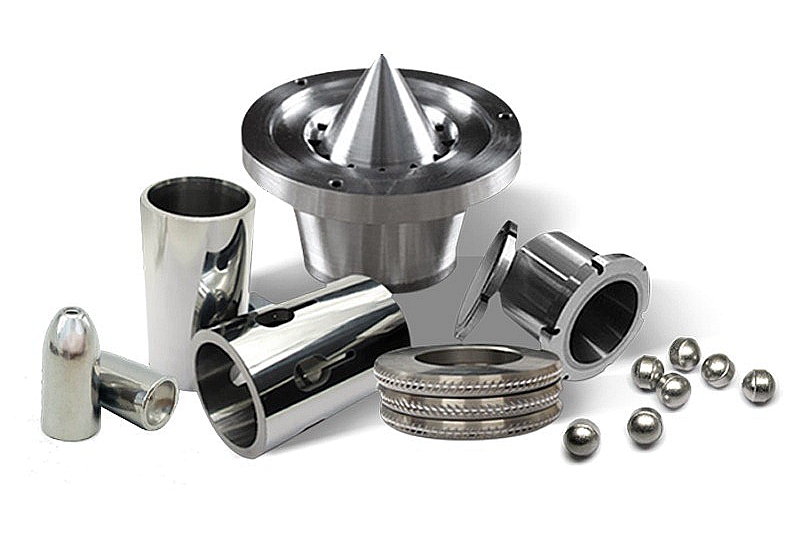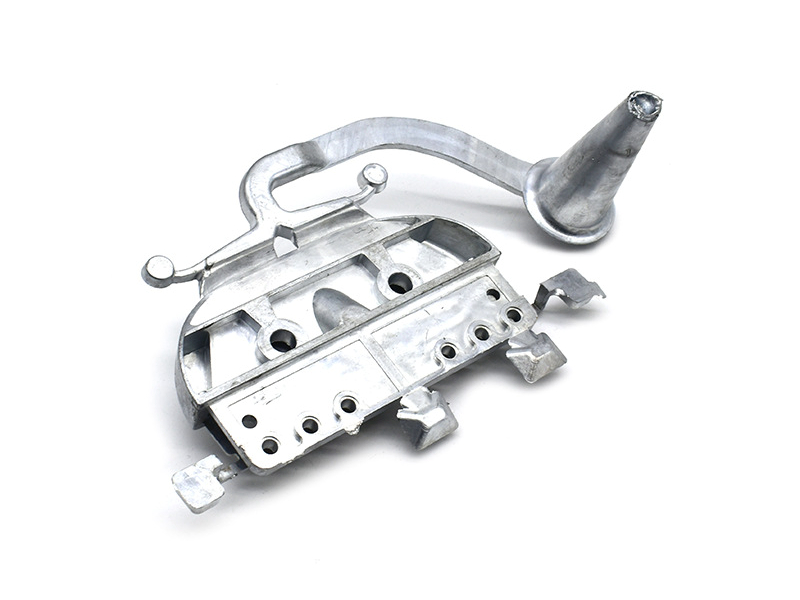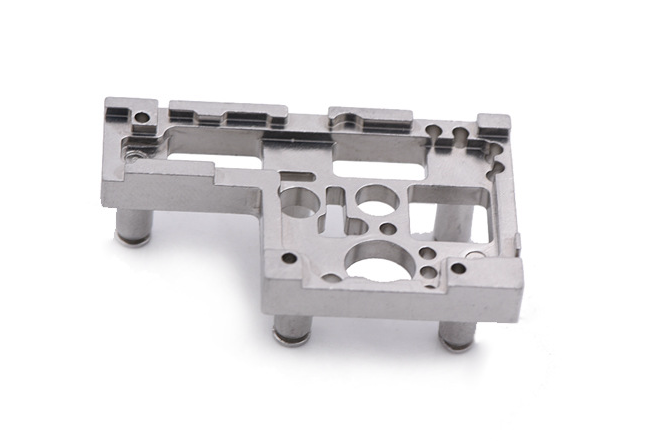How does Neway ensure consistent performance in mass-produced strong components?
To ensure consistent performance in high-strength, mass-produced components, Neway employs a fully controlled engineering-to-production workflow that integrates simulation, material selection, precision tooling, statistical process control, and validation testing. Whether manufacturing gears, structural frames, locking mechanisms, or impact-resistant parts for power tools and locking system applications, reliability is achieved through rigorous design discipline and process repeatability—ensuring every unit matches the performance of validated prototypes.
Design & Validation Before Tooling
Neway begins with CAE-driven design, utilizing simulation tools to assess stress distribution, fatigue risks, and structural deformation. Early-stage prototypes are produced through CNC machining prototyping or 3D printing prototyping to confirm assembly behavior and load scenarios. For high-strength components, material selection includes MIM-4140, MIM-8620, or engineered alloys produced via precision casting or sheet metal fabrication. Thoughtful geometry, reinforced interfaces, and optimized load paths are established before committing to tooling.
Precision Process Control in Volume Manufacturing
Once production begins, process stability is maintained through high-accuracy tooling and consistent manufacturing platforms. Metal components created via metal injection molding, precision casting, or aluminum die casting use controlled sintering, thermal management, or injection parameters to keep dimensional variations within target tolerances. Plastic housings manufactured with injection molding follow rigorous tool maintenance and resin traceability systems. Statistical process control (SPC) and quality checks ensure parts conform to mechanical and dimensional criteria throughout production.
Heat Treatment and Finishing for Mechanical Integrity
Heat treatment plays a crucial role in ensuring consistent performance. Using protocols defined within Neway’s heat treatment procedures, components undergo controlled quench and temper cycles to achieve uniform hardness and fatigue resistance. Surface durability is enhanced through PVD coating, anodizing, or post-finishing via tumbling to guarantee consistent wear resistance and dimensional accuracy. In locking assemblies and high-torque fixtures, controlled surface conditioning helps maintain reliability even after long-term dynamic loads.
Testing and Assembly Validation
Before market release, Neway conducts rigorous performance testing to ensure durability and function under real-use conditions. Functional assemblies are tested for torque fatigue, impact strength, thermal shock, and mating cycle resistance. Mating components are checked for assembly tolerance and load distribution. Validation data is compared with earlier prototype benchmarks to confirm repeatability. When high reliability is required—such as in locking components or impact drivers—test fixtures are built to replicate user scenarios over thousands of cycles.
Continuous Feedback Loop for Quality Improvement
Mass production is supported by an engineering feedback loop: if variations or failures occur, corrective actions are implemented immediately through adjustments to tooling, process tuning, or material modifications. This continuous improvement system ensures stable output across large batches, preventing performance drift over time. By coupling design rigor with manufacturing discipline, Neway ensures that every mass-produced strong component meets the intended performance and safety goals without compromise.



